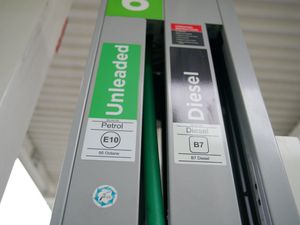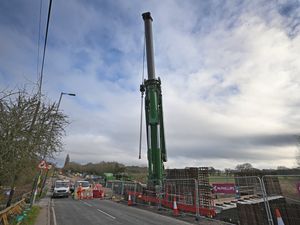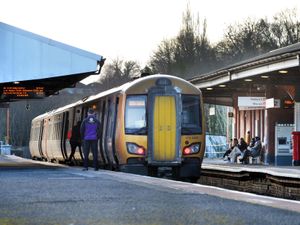Runaway cost of train fares revealed
Season tickets to use the railway have risen by more than 50 per cent for some, new research released today has found.
And average train fares have risen nearly three times faster than average wages since the beginning of the recession in 2008, it is claimed.
The research comes as annual fare rises take effect on the railways today, with the average season ticket increase being 4.3 per cent and the overall rise for all tickets at 3.9 per cent.
From today, commuters travelling between Worcester and Birmingham Moor Street will pay £1,240 for a season ticket compared with £816 in 2003.
This is an increase of £424 or 52 per cent over 10 years and a greater-than-expected 6.2 per cent hike year-on-year. The Stourbridge Line User Group – SLUG – which represents passengers using the Worcester to Birmingham railway line, said rises were being introduced when most fare payers could least afford an increase.
The boss of the Campaign for Better Transport, which carried out the research, Stephen Joseph said: "It's truly shocking that we have deliberately made getting the train to work an extravagance that many struggle to afford."
The group has now launched a campaign calling on Government to name a date to end the above-inflation formula used to determine the annual rise and pledge to reduce fares relative to inflation.
The rises mean that a family of four looking to travel to London on an anytime ticket from Swansea, Plymouth, Leeds, Manchester or Newcastle this year would have to pay more than the average weekly wage of £481.
Meanwhile, the TUC said that as well as being asked to pay more, passengers also faced the prospect of ticket office closures and fewer staff on trains and stations.
In The West Midlands, the office at Lye railway station, near Stourbridge, is the only one in the Black Country to be axed. London Midland, which runs lines between Kidderminster and Stratford-on-Avon and between Wolverhampton and Birmingham, has also won approval from the
Department for Transport to reduce staffing levels and ticket office opening hours for 86 stations.
TUC general secretary Frances O'Grady said: "Passengers are being asked to pay much more for less."
Michael Roberts, chief executive of the Association of Train Operating Companies, said: "Successive governments have required train companies to increase the average price of season tickets every January since 2004 by more than inflation."





